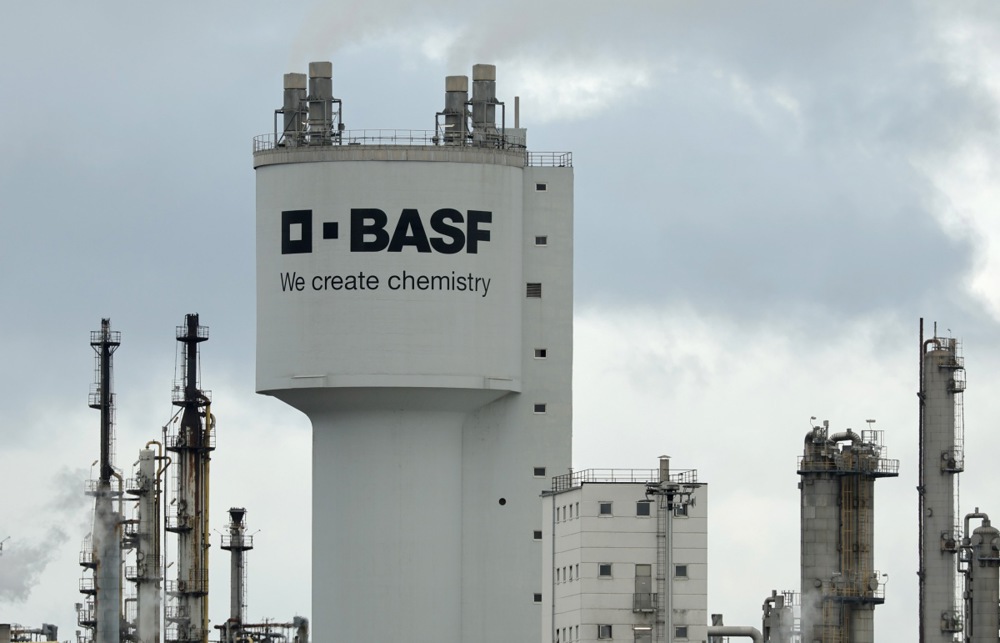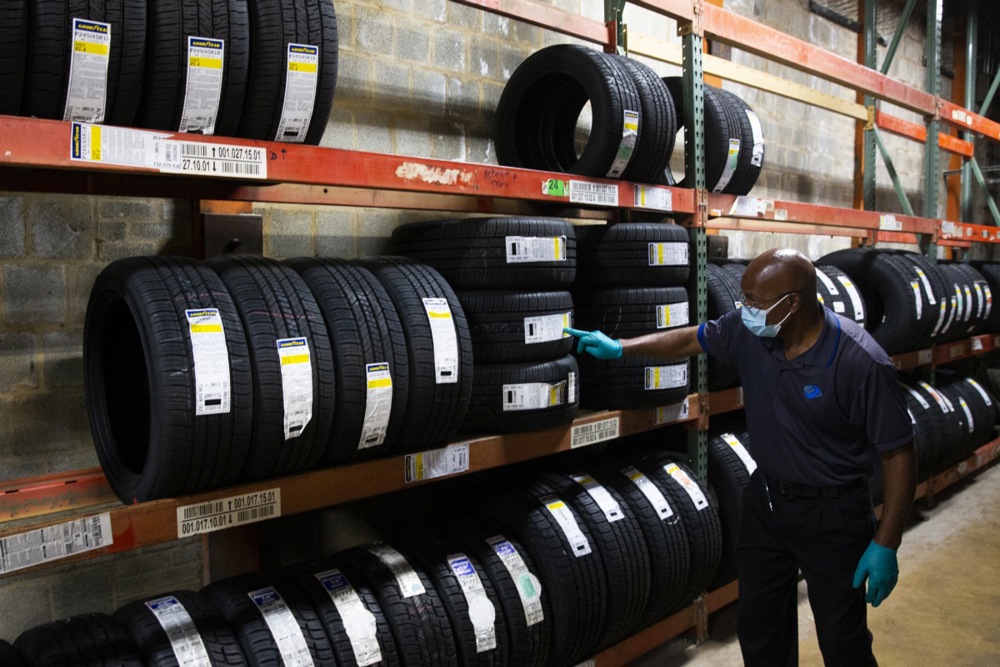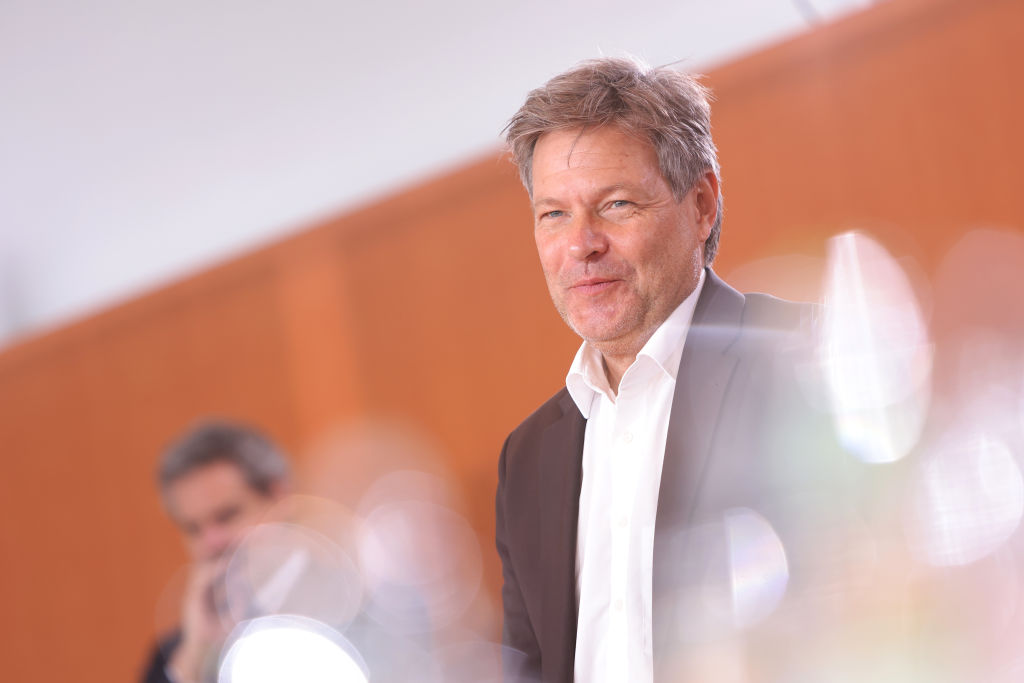German chemistry giant BASF has said it was contemplating the closure of one in seven facilities at its main plant in Ludwigshafen.
CEO of the company, Markus Kamieth, who took the wheel of the multinational in April this year, is set to present a new mission statement for Ludwigshafen on September 26 at the company’s Capital Markets Day event in the city.
In its severe austerity programme, meant to be shown to a selective group of 200 executives but shared on September 25 by the monthly publication Manager Magazin, BASF is considering deep cuts in its German division.
Next to closing down facilities at the main plant, BASF will also critically examine other plants in Germany and determine their future viability.
By making cuts and reassessing its business practices, the multinational said it was looking to save billions of euros in the short and medium term.
The shutdown of facilities could be finalised as early as 2028.
Ludwigshafen is BASF’s principal plant in Germany but only accounts for a small amount of its profit.
“One thing is clear,” Manager Magazin wrote, “the plant has a huge problem.
“If BASF were to replicate its global production facilities today, 35 percent of the total investment would need to be allocated to the Ludwigshafen site to maintain its current form.
“Despite its size, the main plant contributed only 4 per cent to Group earnings in the first half of 2024. This follows a challenging 2023, when plants operated at an average of just 61 per cent capacity.
“Recognising these issues, Martin Brudermuller, Kamieth’s predecessor, initiated large-scale cost-cutting measures in 2023. Building on these efforts, the current cost improvement programme aims to generate additional annual savings of €1 billion by the end of 2026.”
BASF is the world’s largest chemical company and one of the largest consumers of natural gas in Germany. It is a major employer in Germany and the plans could lead to serious job losses.
In February 2023, the company had already announced it was cutting 1,800 jobs in Ludwigshafen and 800 more across the country.
Over the past two years, BASF has not made a profit in Germany.
Daniela Schmitt, State Minister of Economics for Rhineland-Palatinate, emphasised that the chemical industry, along with other energy-intensive sectors in Europe and particularly in Germany, faced significant pressure.
That is especially acute for export-oriented industries. Schmitt noted that BASF’s situation was not unique to Rhineland-Palatinate, but rather reflected broader concerns about international competitiveness as a whole.
She called upon the State, the German federal government and the European Commission to create better conditions for energy-intensive businesses.
She also said industrial companies should look at utilising their capacities in research and development to create prosperity and employment.
Schmitt said she had faith in BASF Ludwigshafen and that Germany was an attractive location for the chemical industry.
Speaking at his last annual press conference in February, former BASF CEO Brudermüller noted that highly motivated Chinese employees in the company’s new €10 billion Zhanjiang city site would operate from early in the morning until late in the evening, while in Germany, energy is spent on calling for four-day weeks.
German multinational BASF is sparking a heated debate about degrowth and deindustrialisation after saying it wanted to sell its production facilities in its home country to cut back on costs and secure its competitiveness. https://t.co/1PY0Hq8VCb
— Brussels Signal (@brusselssignal) May 28, 2024





